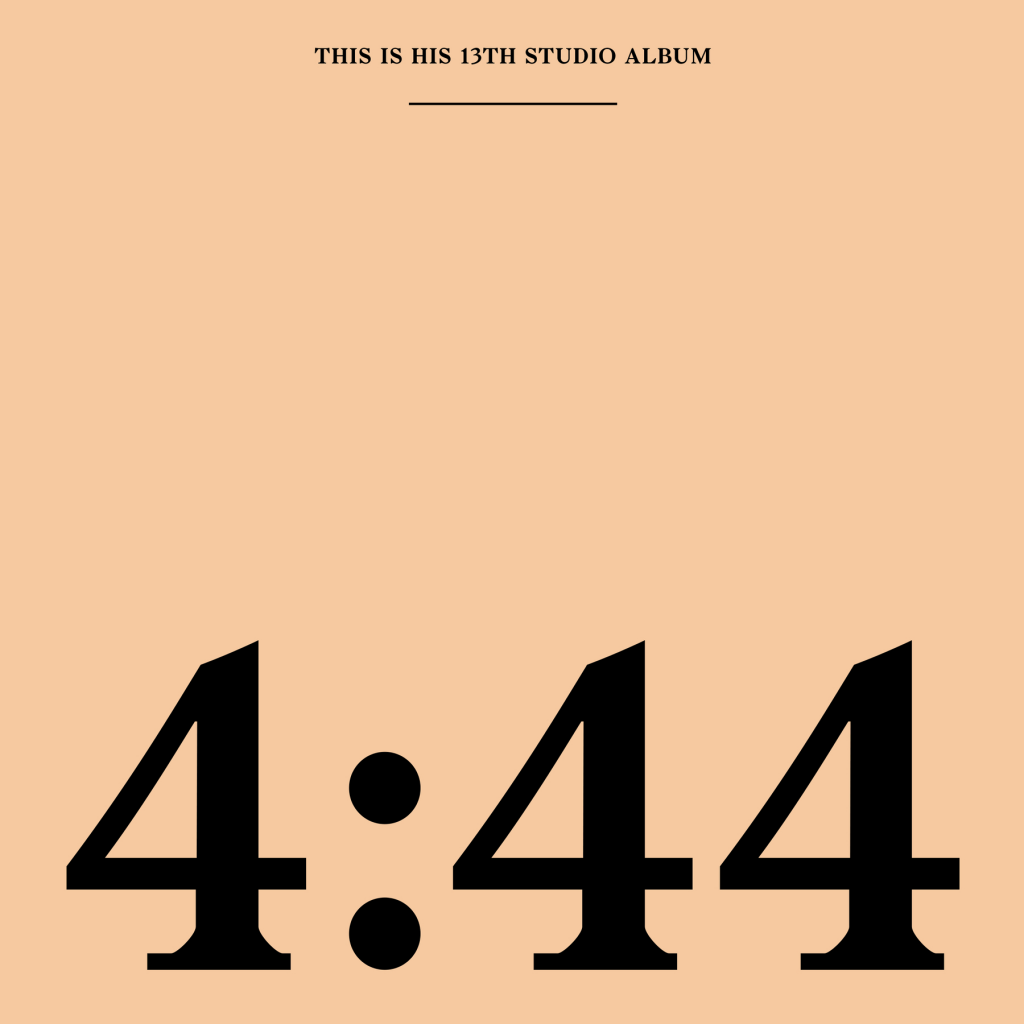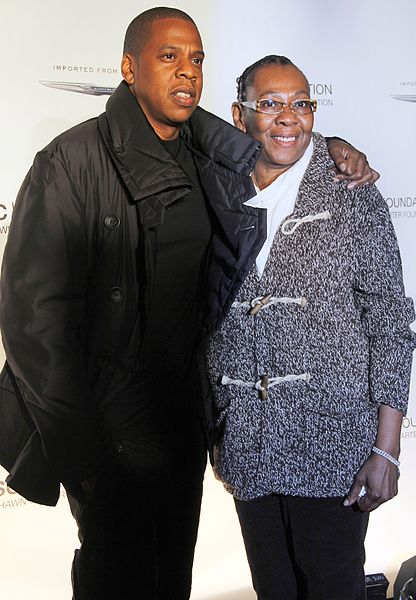JAY-Z Bares All in “4:44”


“I can’t see ’em comin down my eyes
— JAY-Z, “Song Cry” (2001)
So I gotta let the song cry”
21 Grammys. Superstar family. 12 platinum albums. $810 million net worth. What more could Shawn “JAY-Z” Carter want out of life? Apparently, to reintroduce himself. To bare his soul. For real this time.
4:44 is a thematically different album than audiences might be used to from Mr. Carter. “Kill JAY-Z,” he declares with his first words, killing his ego to pinpoint his emotions.“They’ll never love you. You’ll never be enough, let’s just keep it real, JAY-Z.” The LP focuses primarily on relationships, whether it be with his mother (“Smile”), his wife (“4:44”), or his daughter (“Legacy”), all of whom vocally contributed to the project.
Carter — like former rival and fellow New York native, Nas — stresses the importance of Black economic independence and Black excellence, warning against colorism and internal discrimination (“The Story of O.J.”). While still present in songs like “Bam,” “Moonlight,” or “Caught Their Eyes,” his usual machismo, braggadocio, and self-aggrandizement are more understated as he displays more wisdom, self-critique, and pensiveness.
Sonically, the project can be described as follows: “No I.D. on [every] track, let the story begin.” The Chicago producer, known for his longtime work with Common and Kanye West, expertly maneuvers samples in ways that would make Baz Luhrmann cream his pants. The chosen samples tend to not only match the mood of the track, but to match the themes presented in Jay’s lyrics as well.
For example, “Smile” — which features his mother, Gloria Carter — spins Stevie Wonder’s “Love’s in Need of Love Today” as Ms. Carter and her son publicly reveal that she raised him and his three siblings while “in the closet.” “Mama had four kids, but she’s a lesbian,” he raps. “Had to pretend so long that she’s a thespian. Had to hide in the closet, so she medicate. Society shame and the pain was too much to take.” The sample is extremely upbeat, matching the joy the rapper expresses that his mother finally found love; he simply wanted to see her “smile through all the hate.”“Late Nights and Heartbreak” by Hannah Williams and The Affirmations, which is sampled in the titular track.
Similarly, “4:44” — the titular track and direct response to Beyonce’s Lemonade album — samples “Late Nights and Heartbreak” by Hannah Williams and The Affirmations. “I’m never gonna treat you/Never gonna treat you like I should,” repeats throughout the song as he bares his soul to his wife, and all of the women he has wronged in his past. His words blend perfectly with the mellow, soulful sample as he laments his transgressions with lines like, “I suck at love, I think I need a do-over,” or, “…because I fall short of what I say I’m all about/Your eyes leave with the soul that your body once housed.”
4:44 is JAY-Z’s most vulnerable and emotionally mature project yet. At times, it feels like hip-hop’s version of Confessions. At others, it feels like To Pimp a Butterfly; both comparisons place this project in very good company. 4:44 is a welcome addition to Mr. Carter’s discography, and a rather important one for the culture.
Standout Tracks
- “The Story of O.J.”
- “Smile” (Featuring Gloria Carter)
- “4:44”
- “Family Feud”
- “Bam” (Featuring Damian Marley)



